The government agreed to transfer the authority of managing agricultural field extension workers (PPL) to the central level. Coordinating Minister for Food Affairs Zulkifli Hasan (Zulhas) stated that through a Presidential Regulation (Perpres) that will be issued soon, agricultural extension workers spread throughout Indonesia will come under the authority of the Ministry of Agriculture (Kementan). “All extension workers spread across the regions will later have their authority centralized, namely under Kementan,” said Zulhas at a Press Conference following a Limited Ministerial Coordination Meeting on Food Affairs, at the Ministry of Marine Affairs and Fisheries office, Jakarta, Thursday (28/11/2024).
According to Zulhas, this step is taken as one of the strategic measures to accelerate the achievement of food self-sufficiency. “In principle, every village must have one agricultural extension worker. We currently have 37,000 to 38,000 extension workers, and this number needs to be increased.” Farmers need guidance, from the use of fertilizers to more effective farming techniques,” he said.
The steps taken by the government, he said, are aimed at achieving food self-sufficiency. With limited time, the government targets to achieve food self-sufficiency before 2027, at least for rice and corn commodities.
“Our work is very heavy and our time is short.” “In the next two years, we must work hard together so that this target can be achieved,” he emphasized.
In his written statement, Minister of Agriculture Amran Sulaiman conveyed that the number of agricultural extension workers has drastically decreased by 53% in recent years. This condition has resulted in minimal support for farmers in the field, with the current ratio reaching five villages served by just one extension worker.
“Extension workers are the frontline in assisting farmers.” Ideally, one village has one extension worker. However, currently, the situation is that five villages are only served by one extension worker. Therefore, President Prabowo has approved the centralization of extension workers’ authority,” said Amran in a written statement, quoted on Thursday (28/11/2024).
Amran explained that to achieve the target of one agricultural extension worker per village, Indonesia needs a total of 83 thousand agricultural extension workers. With the current number reaching only 38 thousand, there is a shortage of about 45 thousand extension workers.
“This shortage becomes one of the obstacles to promoting food self-sufficiency. With the authority of extension workers centralized, command will be easier, thus accelerating the program can be achieved,” he said.
He emphasized that this step aligns with the government’s commitment to supporting farmers and achieving food sovereignty. The transfer of authority is also considered strategic to ensure that every village receives optimal assistance from extension workers, especially in the use of fertilizers, technology, and more efficient farming techniques.
“With more organized collaboration from the center, this will be a significant step towards food self-sufficiency,” he concluded.


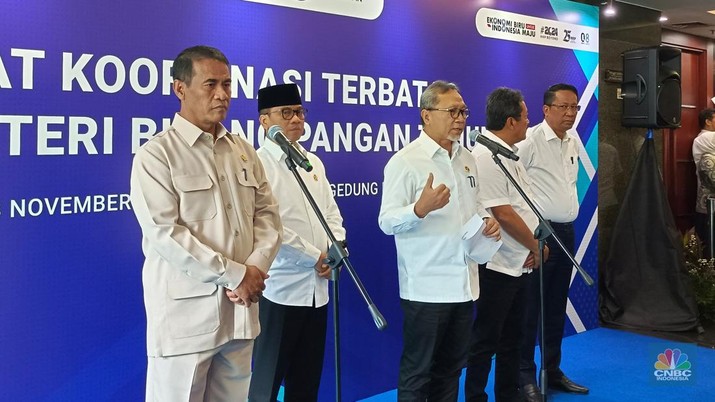
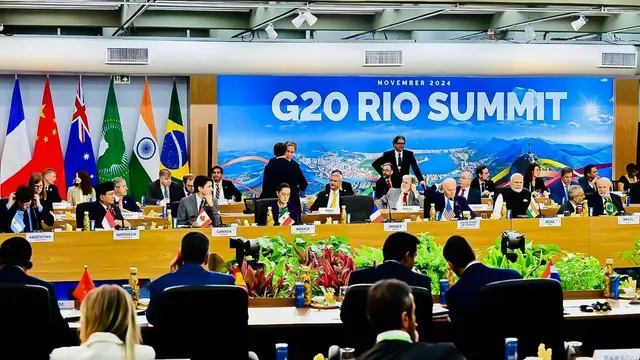
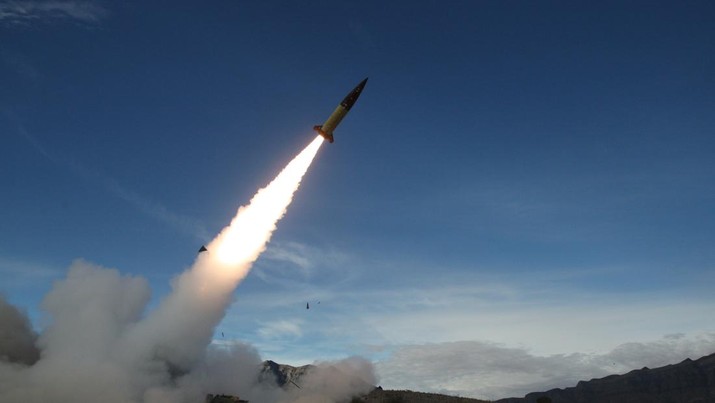
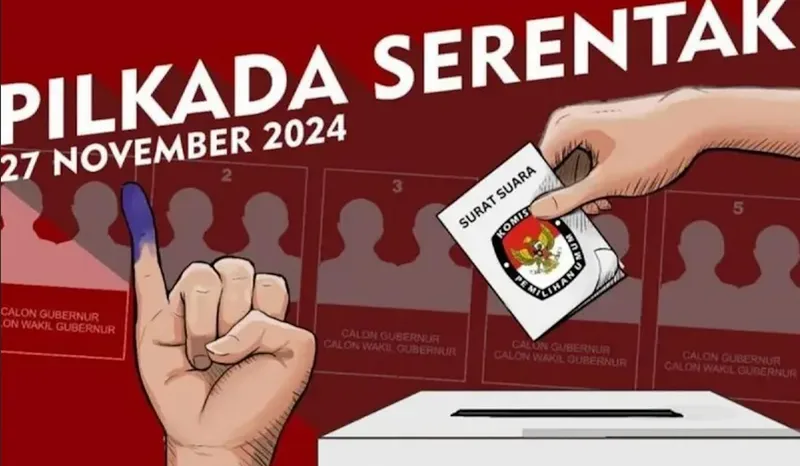
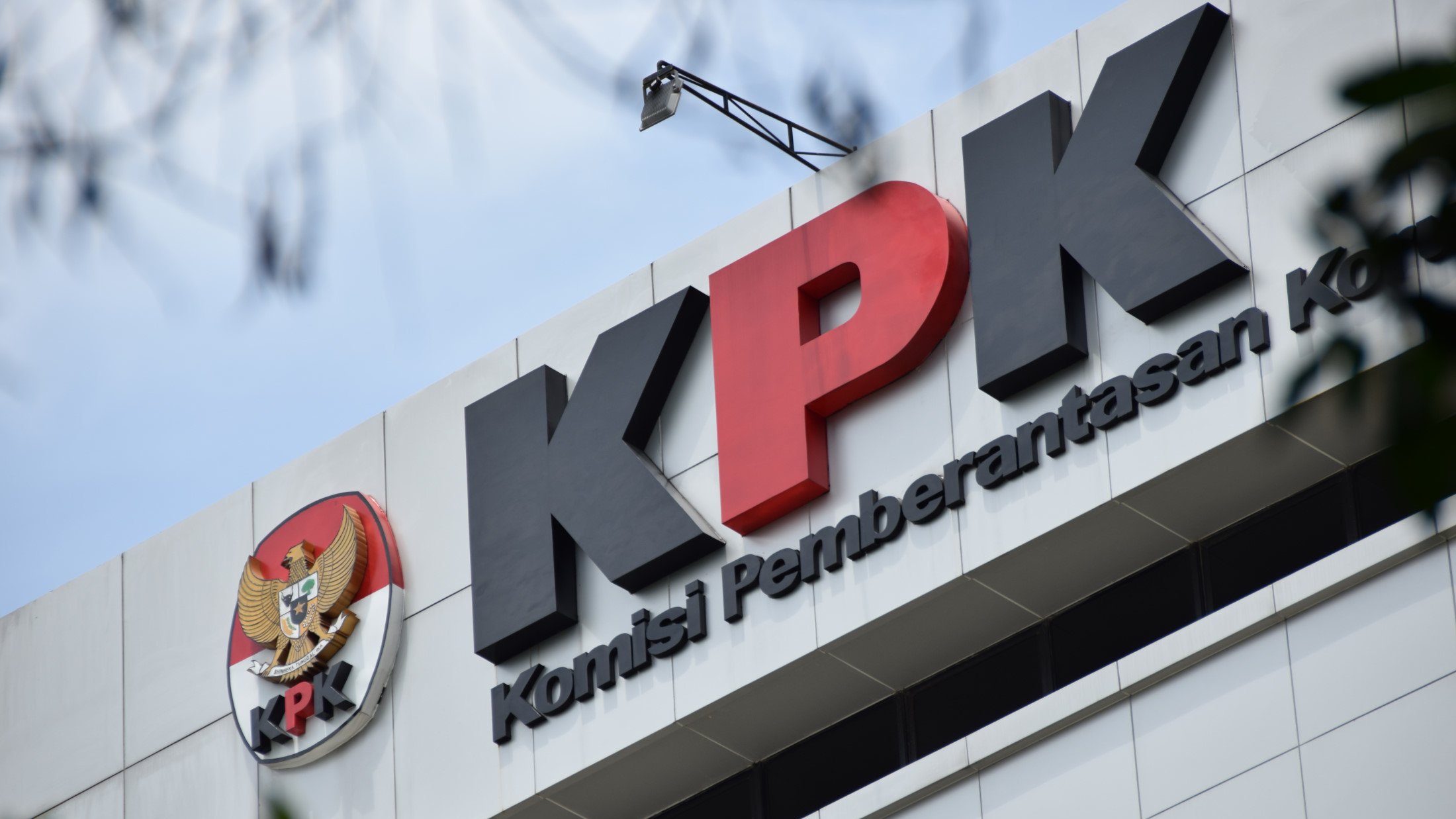
Leave a Reply